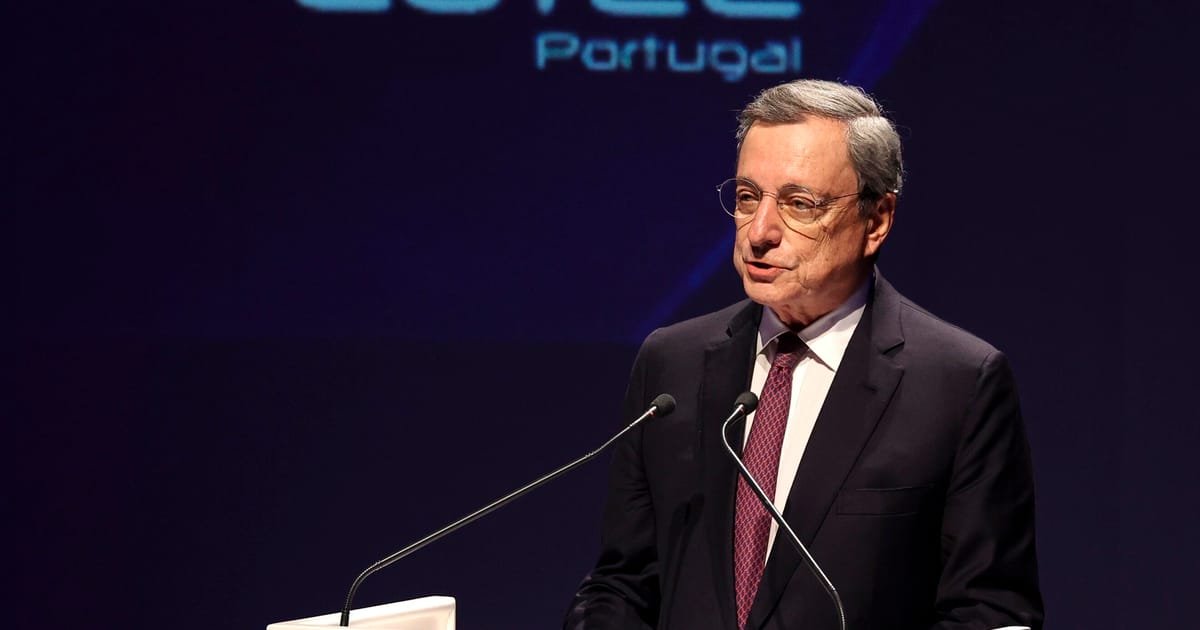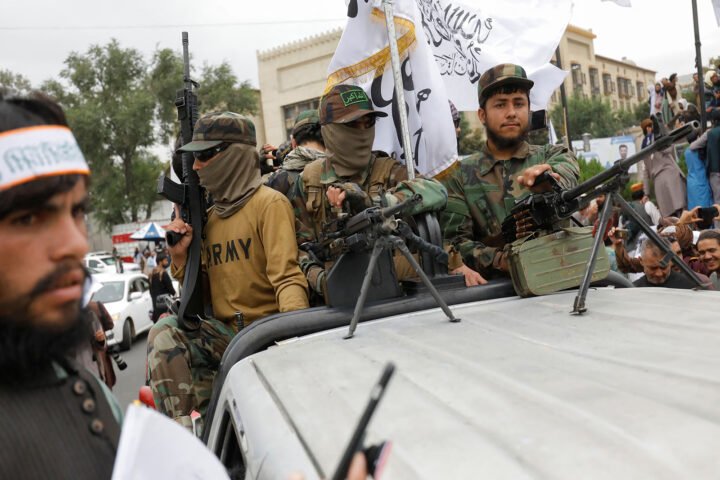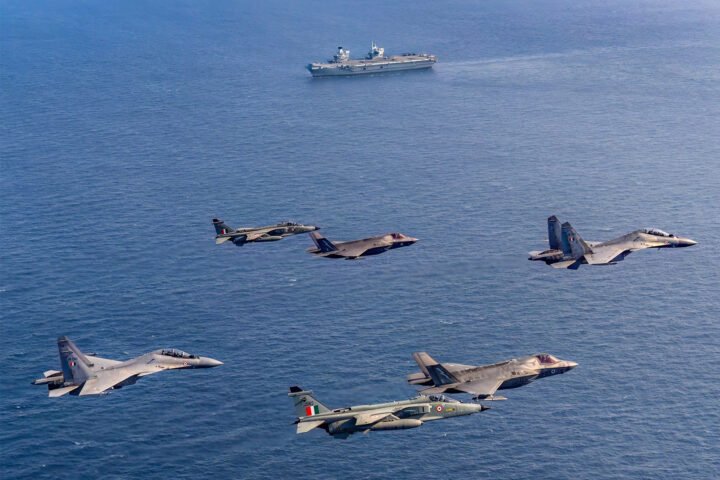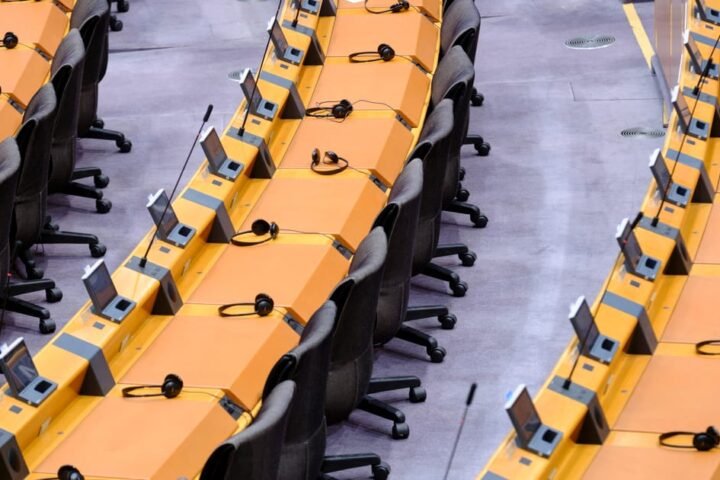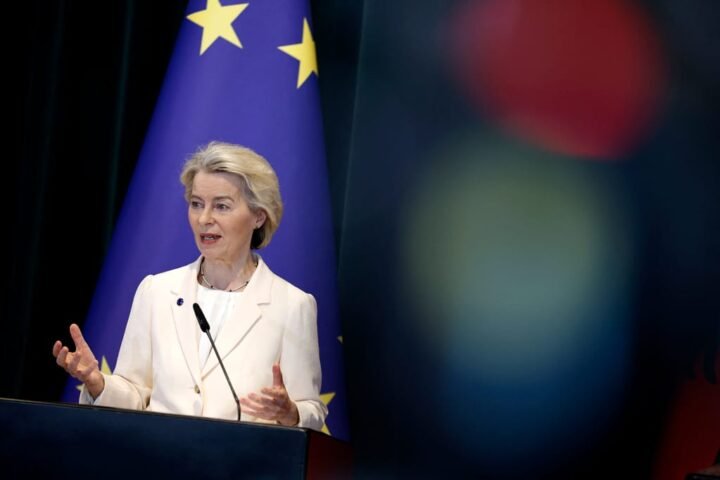Europe Faces Strategic Challenges Amid Shifting Global Dynamics
Europe is navigating a critical turning point, described by Mario Draghi as a “very brutal wake-up call from Trump,” impacting its political and economic landscape, reports 24brussels.
As Draghi noted, Europe had to adjust to tariffs imposed by the United States, its largest trading partner and long-standing ally. He emphasized that the region is being compelled to increase military spending, a necessity that may have been unavoidable. However, this shift often fails to consider the true interests of Europe.
The European Union, despite its significant economic influence, finds itself in a “marginal” position regarding U.S. President Trump’s peace initiatives in Ukraine. Meanwhile, it has acted merely as an “observer” amid the violence in Gaza, and it is clear that China does not regard Europe as an equal ally.
Draghi underscored the inadequacy of Europe in adapting to a new world order dominated by geo-economics and security concerns, warning that the current political structure must evolve to meet these existential demands. “Our political organization must adapt to the demands of its time when they are existential,” he asserted.
Reiterating his call to enhance Europe’s competitiveness, Draghi pointed to research from the International Monetary Fund, which suggests that reducing internal barriers could result in a 7 percent increase in labor productivity over seven years. These internal trade impediments are also hindering the efficiency of Europe’s defense enhancement efforts. Although EU nations plan to boost military investment by €2 trillion by 2031, Draghi highlighted the dramatic inefficiencies caused by existing internal tariffs, which impose a 64 percent fee on defense equipment and a staggering 95 percent on metals.
